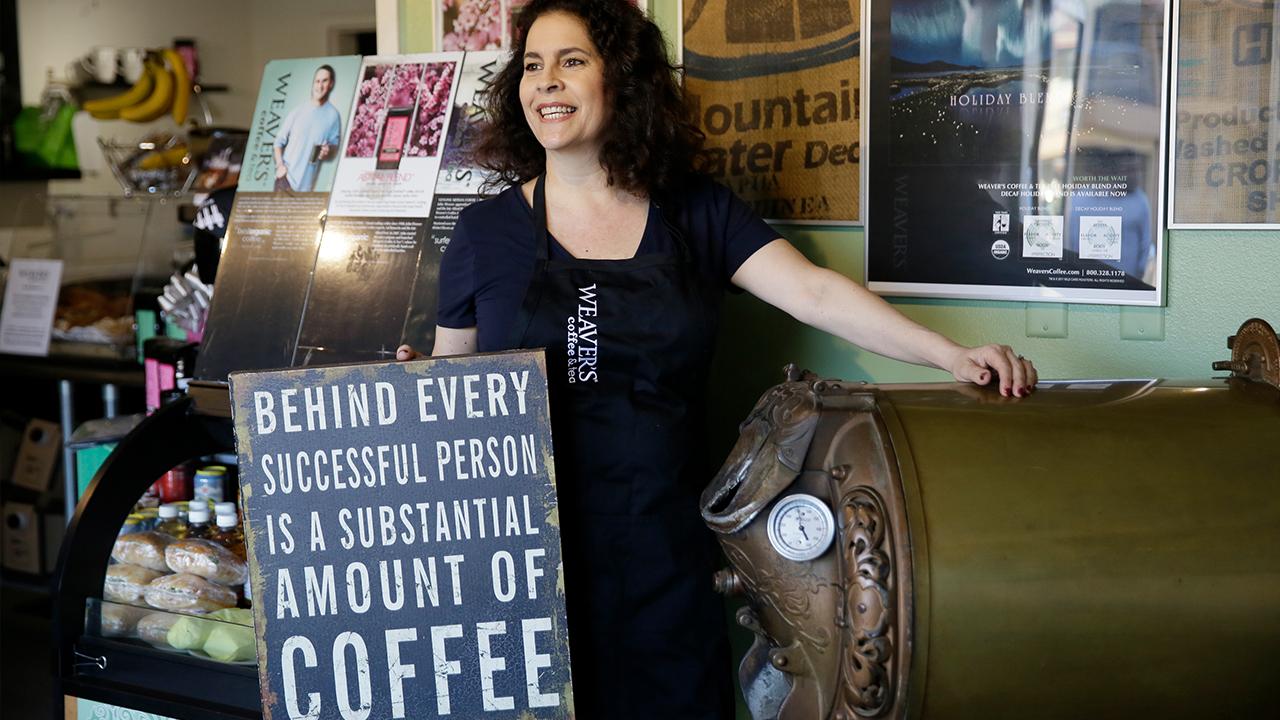Coronavirus crisis -- 4 ways small business can survive the threat
Small businesses have to take a proactive approach to disaster response right now
The sudden outbreak and rapid spread of coronavirus across countries has thrown the world into a frenzy.
Airlines and the entire travel industry are seeing an immediate impact on their business and most have taken proactive measures -- canceling flights or trips and offering travelers change accommodations.
HOW TO SUPPORT LOCAL BUSINESS DURING CORONAVIRUS PANDEMIC
The virus has also had immediate monetary implications, too, with the Federal Reserve making emergency cuts, bringing rates close to zero, while also pumping more liquidity into the financial markets.
Other businesses, specifically smaller businesses, are in a holding pattern as we try to understand how this rapidly evolving circumstance will impact our business.
There are a variety of plans for economic relief by the federal government to support small businesses in the coming weeks.
As the CEO of ConnectOne Bank, a top regional bank in the New York metropolitan area that prides itself on knowing the community it serves and supporting it with small and mid-size business loans, we are acutely aware of the pressure on businesses in the current timeframe.
As a small business owner during the coronavirus pandemic you now face the true test of being able to operate and adapt to a rapidly changing situation.
While future developments are still unclear, businesses have to take a proactive approach to disaster response right now. After all, with the markets being impacted and rates being cut, our businesses are being put to the test.
SMALL BUSINESSES COMING UP EMPTY ON INTERNET SEARCHES
No matter what products or services you offer or what industry you are in, your business will have financial ups and downs at some point.
As a small business owner during the coronavirus pandemic you now face the true test of being able to operate and adapt to a rapidly changing situation.

The manager of O'Lunney's Times Square Pub, John Galgey, writes "We Will March Again!" on the plywood he used to board up the large glass windows of the pub in New York, Monday. (AP Photo/Seth Wenig)
Remember, it’s important not to panic. Reach out to your banker for help. Look at this as a way to weather the downturn and also position your business for greater profitability in the future and or look to change how you do business. Here are my suggestions:
Be nimble and flexible: Whether it's utilizing technology to connect with clients as an alternative or reworking your employee reporting plan, it’s critical to be flexible in order to operate your business.
At ConnectOne, we’re encouraging solutions such as video conferencing, and collaborative systems to replace large learning classes.
TRUMP OFFERS CORONAVIRUS HIT SMALL BUSINESSES ULTRA-LOW LOAN RATES
We’re also offering our clients the use of video or digital banking if they don’t feel comfortable coming into an office.
Come up with creative solutions: Does much of your business depend on face to face encounters or transactions? Consider alternatives based on the materials and talent that you have.
For example, if you own a restaurant and your business has slowed or doors have even closed, consider advertising prepared meals to go temporarily while in this current environment and then ramp up when consumer confidence is back.
GET FOX BUSINESS ON THE GO BY CLICKING HERE
If you have a retail store, offer to do facetime with customers to look at products, have them call in an order, offer curbside pickup or free shipping.
Differentiate your business from the competition: Use this time to understand your biggest competitors. Learn from their strengths and weaknesses.
Poll your customers and learn what their needs are given the uncertain environment. Then consider how you can meet their needs.
Check your cash flow: Any good small business owner should be projecting cash requirements three to six months ahead. Could the uncertainty of coronavirus result in a liquidity issue for you?
Make sure your spending and accounts receivable are in line. Have proactive conversations with your bank to determine a short-term solution.
Hopefully, these uncertain times will pass sooner rather than later, but you should always be stress testing your business. No one is saying these times are easy, but preparedness is the key to continued success.
Frank Sorrentino is the Chairman and CEO of ConnectOne Bank.






















